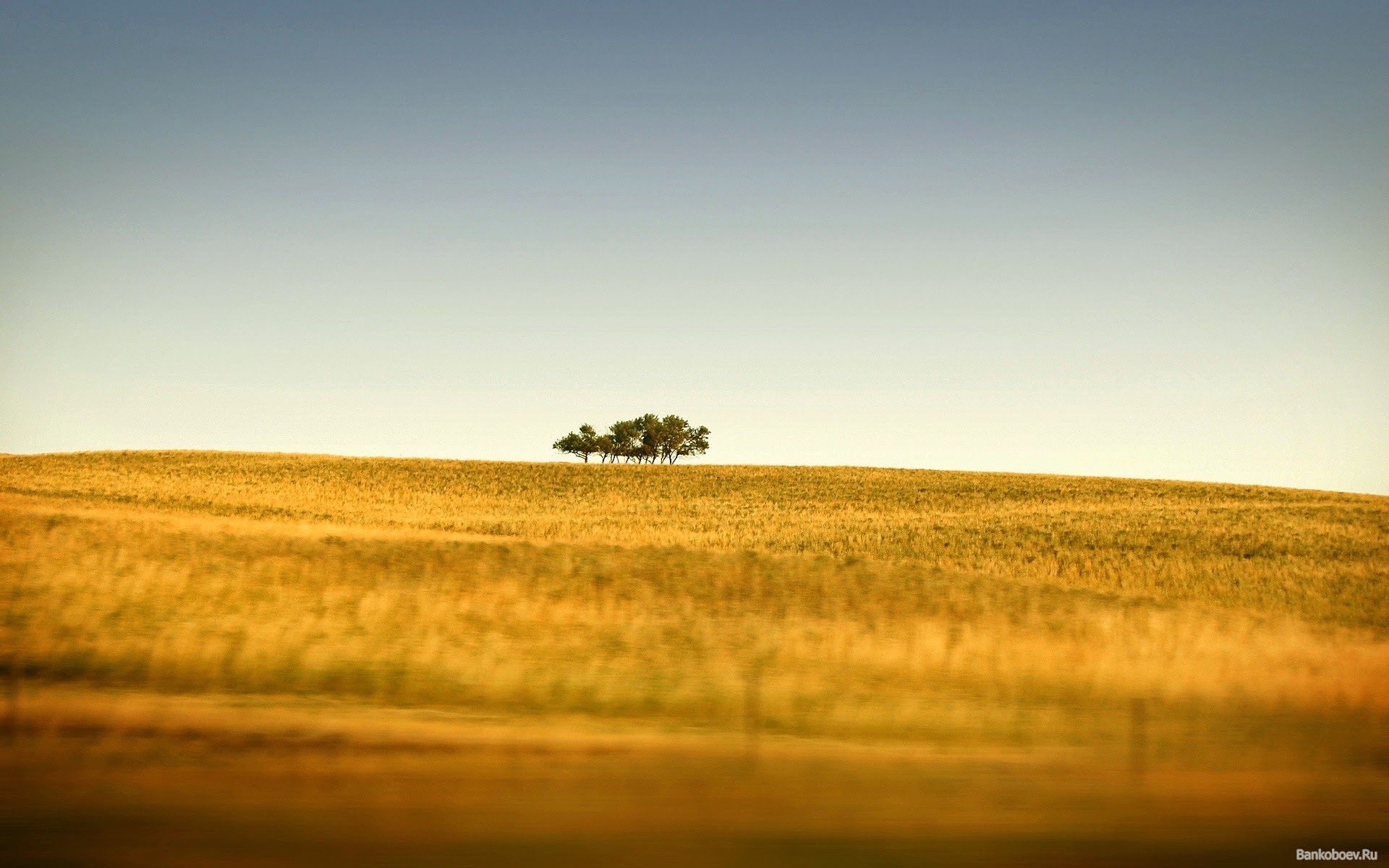The 30 Raka’at for Rajab

بِسۡمِ ٱللهِ ٱلرَّحۡمَـٰنِ ٱلرَّحِيمِ This is taken from al-Ghunya li Thalibi Thariq al-Haqq by Shaykh Muhyi ad-Din Abu Muhammad ibn Abu Swalih ‘Abd al-Qadir al-Jilani ( q.s. ). The Prophet ( s.a.w. ) said to his companion, who is also the 3 rd Grand Shaykh of the Naqshbandi order, Sayyidina Abu ‘Abdullah Salman al-Farisi ( q.s. ), “O Salman, Allah ( s.w.t. ) will surely Erase all the sins from the record of any believing man, or any believing woman, who performs 30 raka’at of sunnah swalah , in the course of this month, reciting in each raka’at , Surah al-Fatihah, followed by Surah al-Ikhlasw three times, followed by Surah al-Kafirun three times. That man or woman will be Granted the same Reward as a person who has fasted throughout the entire month. He or she will be Treated as one of those who continue to perform the ritual prayer right through to the following year, and will be Credited every day with a deed as noble as that of one of the matryrs of th...









